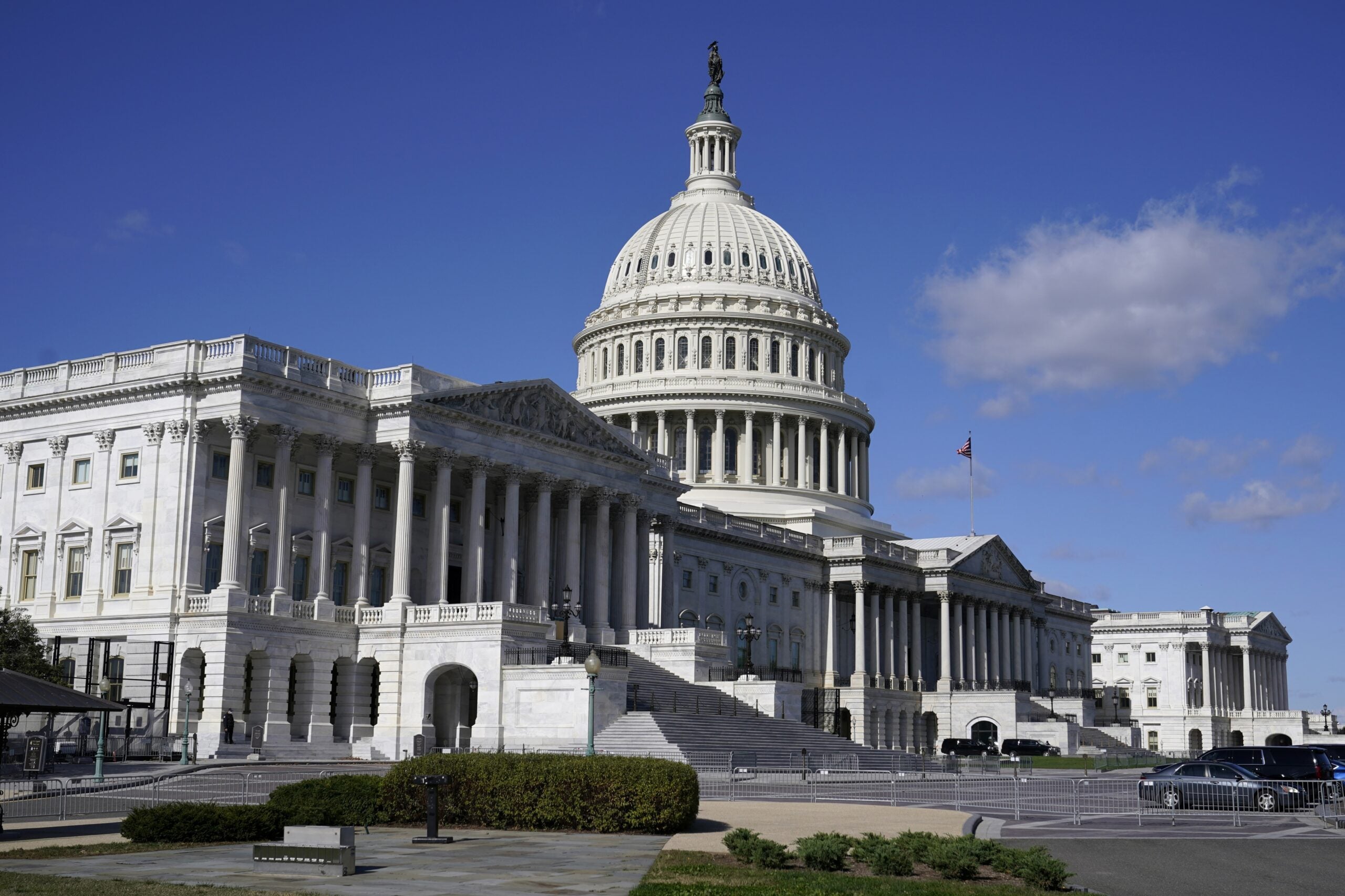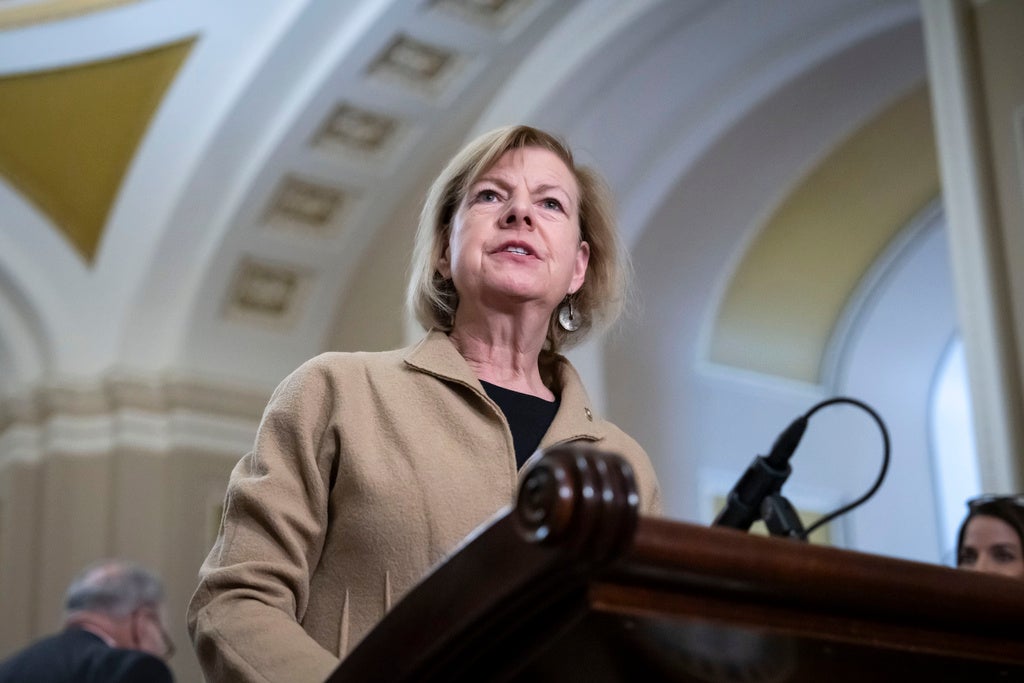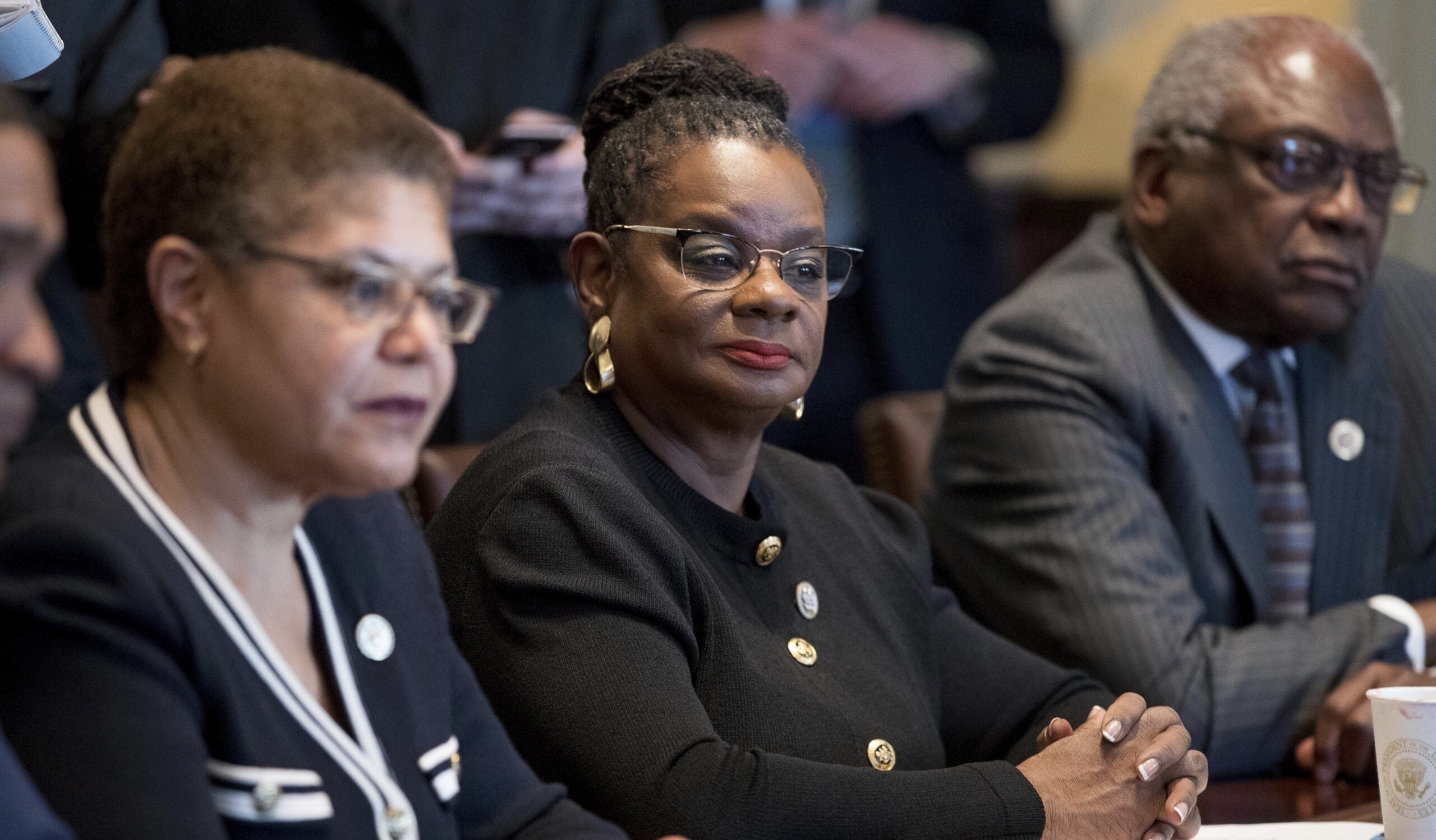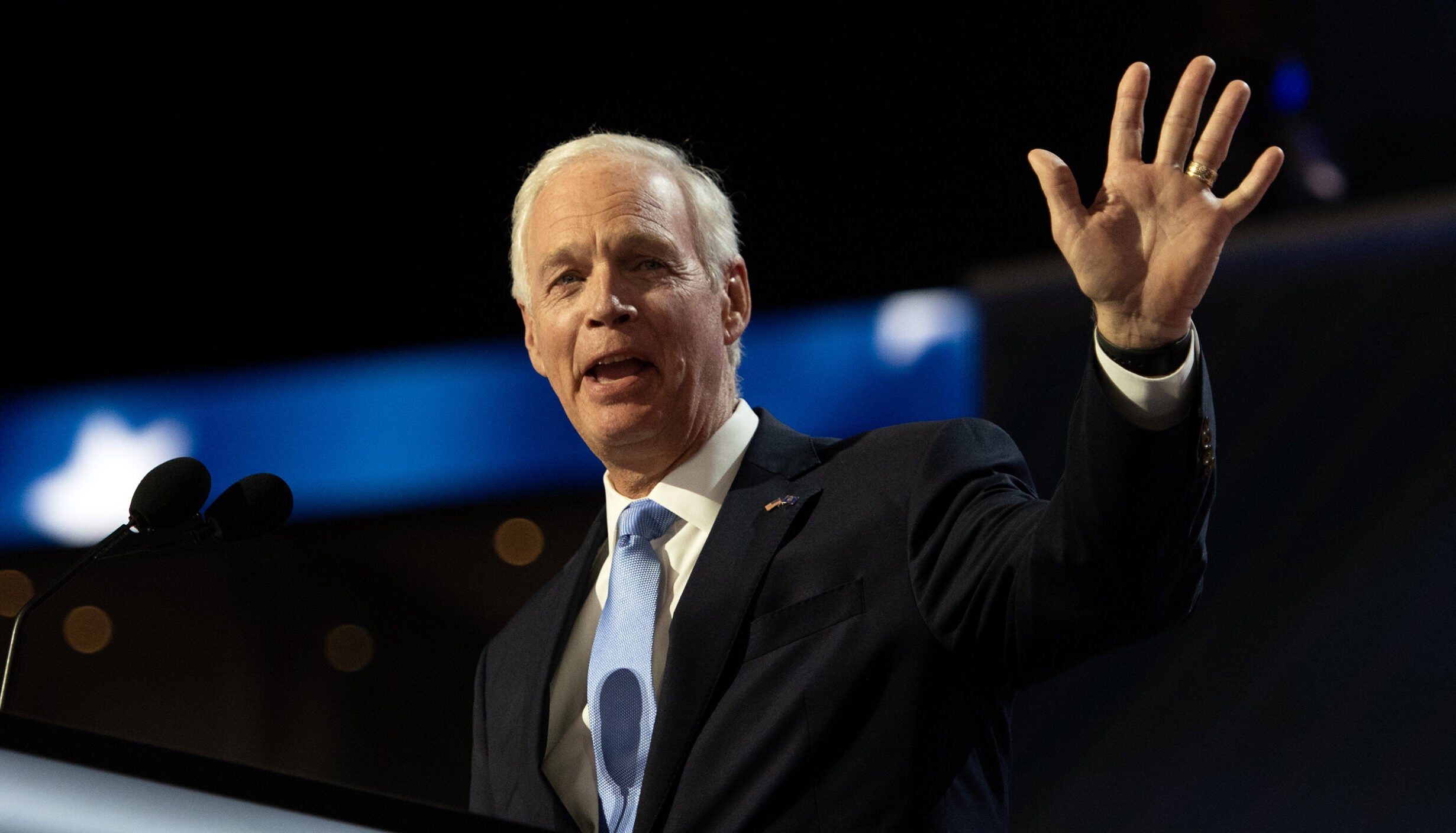Wisconsin lawmakers were divided over the Inflation Reduction Act that passed the U.S. House on Friday, the legislation including a historic investment in efforts to combat climate change. The legislation now goes to President Joe Biden for his signature.
The bill provides around $375 billion over 10 years to help industry and consumers transition away from fossil fuels to cleaner energy sources. That includes around $4 billion for western states to increase their resilience to drought. The proposal is a scaled-back version of Biden’s $2 trillion plan to boost spending on social programs and climate change, and the legislation aims to cut carbon emissions 40 percent from 2005 levels by 2030.
The bill provides around $64 billion to extend the Affordable Care Act to around 13 million people who need help paying health care premiums for insurance bought on the private market.
News with a little more humanity
WPR’s “Wisconsin Today” newsletter keeps you connected to the state you love without feeling overwhelmed. No paywall. No agenda. No corporate filter.
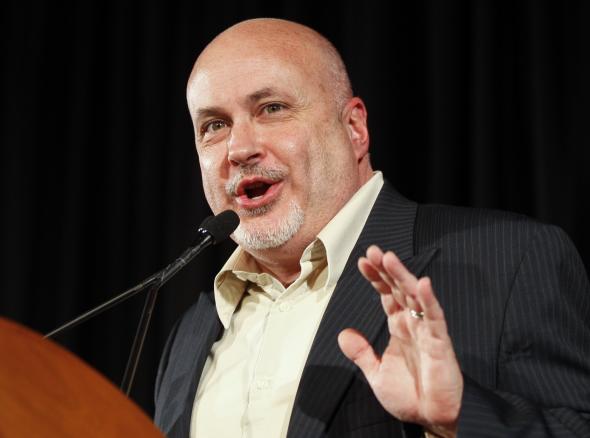
During debate Friday, Democratic U.S. House Rep. Mark Pocan said the bill lessens the effects of global inflation while investing in renewable energy development.
“That will make us more energy independent and less dirty,” said Pocan.
Democratic U.S. House Rep. Gwen Moore said the legislation lowers the cost of health care, and “Wisconsinites will feel its impact.” The bill limits the cost of prescription drugs for Medicare recipients to $2,000 beginning in 2025, and people would pay a maximum of $35 monthly for insulin to treat diabetes.
“We make these big investments by ensuring the corporations who’ve often gamed the system, pay a minimal share of taxes, and go after wealthy tax cheats who all too often have evaded their responsibilities,” added Pocan.
The bill raises around $740 billion in revenue over the next 10 years, and Democrats say that includes around $222 billion raised from a 15 percent minimum tax on corporations. During debate, Republican U.S. House Rep. Bryan Steil said he opposed raising taxes under the legislation.
We are in a recession. The last thing we should be doing is raising taxes.
Republican U.S. House Rep. Tom Tiffany called the bill a “tax-and-spending bonanza” amid record inflation. The nonpartisan Congressional Budget Office found the bill’s impact on inflation could be positive or negative, and its effects are largely uncertain.
Around $300 billion in revenue under the legislation would be used to reduce the budget deficit. The reduction in the deficit is also tiny compared to the $16 trillion in new debt anticipated in the next decade.
Republicans blasted Democrats over the bill, calling it the “Inflation Expansion Act.” One GOP lawmaker said the bill amounted to “armed robbery on taxpayers.”
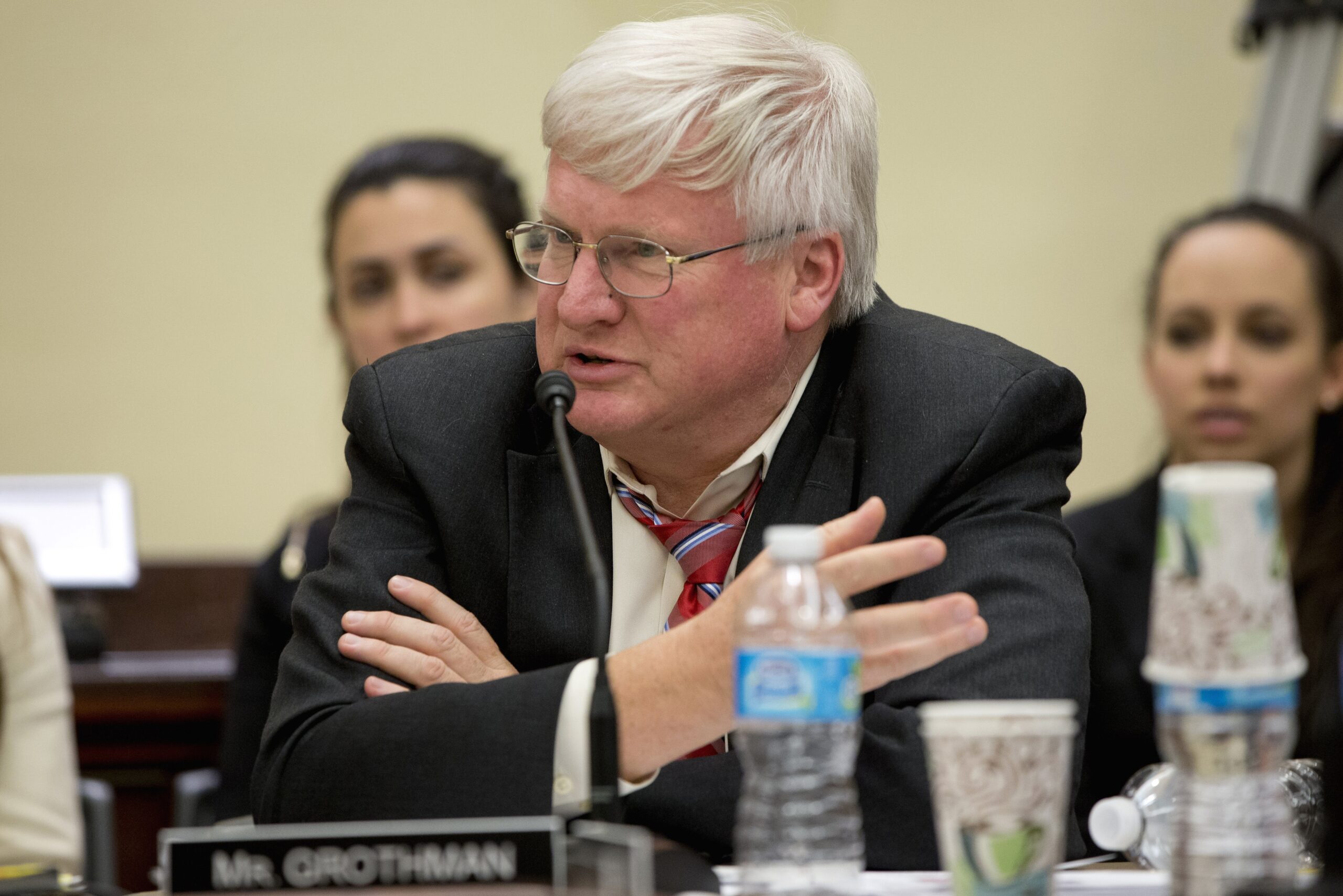
The bill invests $80 billion for the Internal Revenue Service to hire workers and around $46 billion of that to boost enforcement. Republicans said the proposal would increase audits on people earning less than $400,000 each year, as well as result in the hiring of nearly 87,000 new enforcement agents.
“First of all, it’s that many more people monitoring Americans and anybody who wants a free society should be afraid of that,” said Republican U.S. House Rep. Glenn Grothman.
Politifact reported the 87,000 figure refers to hires across the agency, adding many of those hires would seek to stabilize staffing after budget cuts and a wave of projected retirements. Treasury Secretary Janet Yellen said in a statement Thursday that the administration is committed to not increasing audit rates on Americans making below $400,000 annually.
Grothman also said the bill contained too much corporate welfare, citing billions in tax credits for green industry. He also took issue with the bill’s increased spending for the Bureau of Indian Affairs at a time when he said Americans are “choking” on inflation.
Editor’s note: The Associated Press contributed to this report.
Wisconsin Public Radio, © Copyright 2025, Board of Regents of the University of Wisconsin System and Wisconsin Educational Communications Board.

